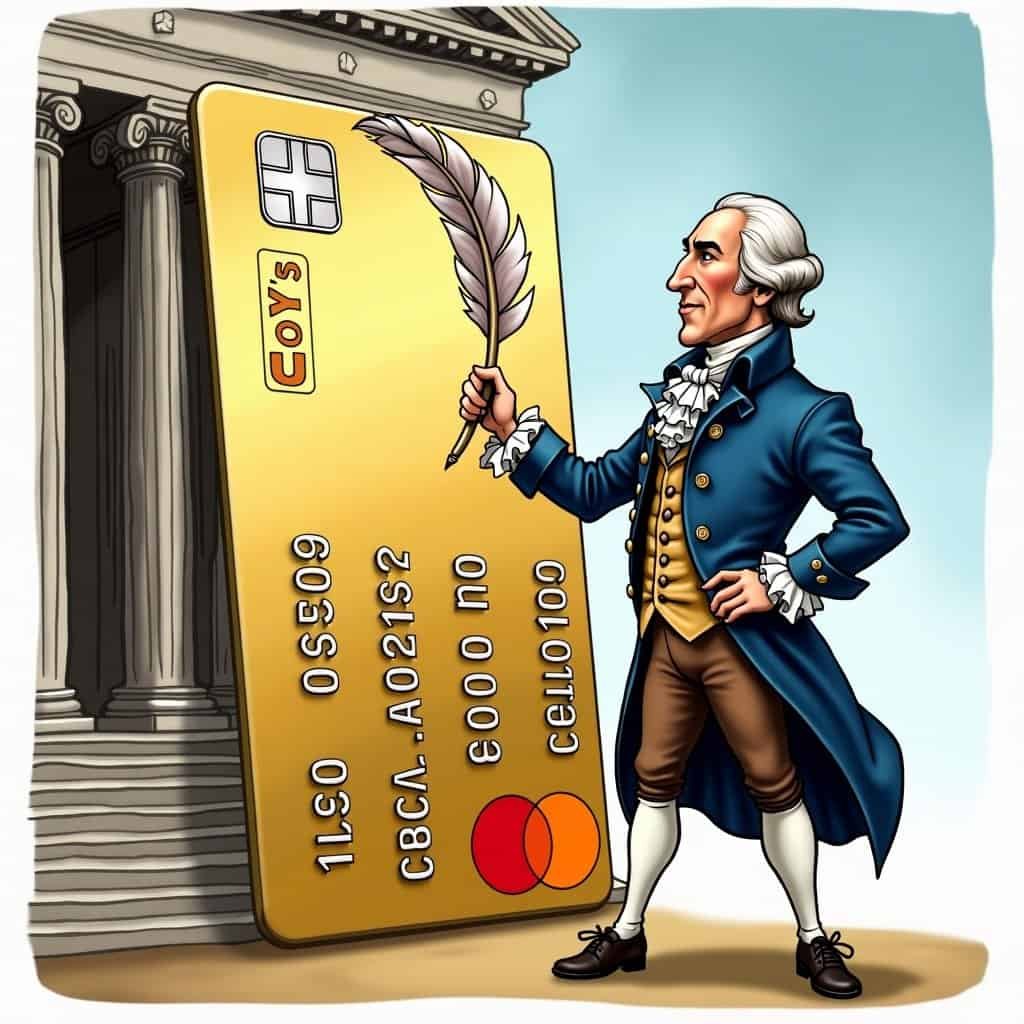Alexander Hamilton: a name that stirs up strong feelings, even today. In his time, Hamilton wasn’t just the guy on our $10 bill but a sharp-minded money whiz who thought America’s debt solution was to face it head-on—with taxes. Before you start yelling “Not fair!” let me explain. This guy actually pushed for a Federal excise tax. Yes, he told our young country, “Let’s put a tax on booze and settle these debts.” And somehow—call it guts, nerve, or pure boldness—he got Congress on board.
Now, such an idea would make any good conservative squirm. A tax? Backed by a Republican icon? Hamilton’s ghost might have some explaining to do at the next conservative gathering. But he wasn’t all about big government control. Not at all! He wanted to steady our economy during crazy times without emptying the colonies’ pockets. Hamilton was all for practical fixes—ideas that today’s Left might struggle to grasp, given their love for more government programs funded by growing deficits. In Hamilton’s world, responsible bookkeeping equaled prosperity.
The Whiskey Rebellion: When Taxes Got Spicy
That liquor tax? It sparked a full-blown Whiskey Rebellion in Pennsylvania—armed farmers who weren’t happy about their moonshine losing its tax-free status. Can you blame them? It’s like if someone suggested a “binge-watching tax” today. We’d all be up in arms! But Hamilton stood his ground, arguing that big and small actions were needed for national stability. Quite different from the liberal tendency to rack up endless deficits without a second thought.
Hamilton’s Tax Plan: A Quick Look
- Federal excise tax on liquor
- Aim: Pay off national debt
- Result: Whiskey Rebellion in Pennsylvania
- Hamilton’s stance: Necessary for economic stability
Some view Hamilton’s tax ideas as a slap in the face to the freedom we fought for, while others praise him as the realist our sugar-rush economy needed. Either way, one thing’s certain: Alexander Hamilton’s story isn’t about Republicans vs. Democrats—it’s about coming together under clear, practical principles. Isn’t that what we conservatives still push for? Managing our money responsibly and investing in real wealth-builders—personal freedom, strong defense, and market-driven growth? We might not all agree, but one thing’s for sure: Hamilton, flaws and all, would say that relying on handouts and bloated government doesn’t lead to success. Let’s toast to that—and hope it’s not taxed!






